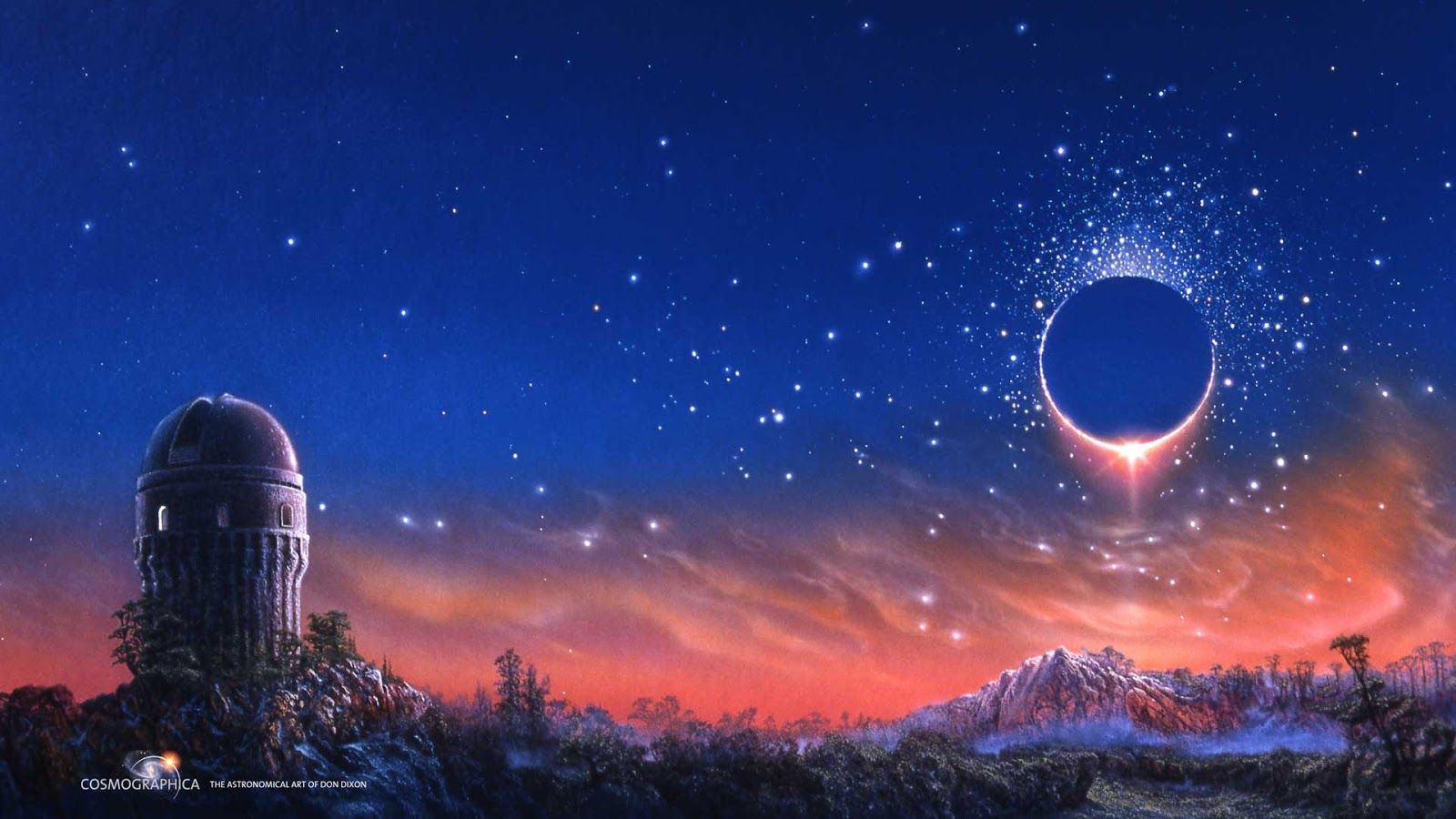Nightfall (Asimov Novelette) : Review
What if people experience darkness and witness the heavenly sight of the starry night only once in a millennium?
When a writer mused over this commented that men would then “believe and adore, and preserve” the remembrance of such a precious event over generations, in return, Campbell (a Sci-Fi magazine Editor) has commented “No, men would go mad!”. Asimov, the leading idea-driven hardcore science fiction author of 20th century, then took up this concept to build a story around it.
I’d like to begin this group by writing about my most favorite science fiction short story of all time, that has also been voted as ‘The best science fiction short story’ written before 1965 by association of Sci-Fi writers of America. This story was so influential, that there have been academic papers published, discussing the mathematical possibility of Lagash’s orbital stability and of the events in the story.
Welcome to ‘Lagash’, a perpetually illuminated planet whose sun is part of a six-star system (like Castor, aka Alpha Geminorum). Archeological evidence suggests that, every 2000 years or so, the civilization of Lagash has reached its peak and has been destroyed by unknown causes. The planet’s religions have all kinds of crazy myths about this: that the planet enters a mysterious cave once in 2050 years and in that darkness, ‘stars’, which are soul-eating demons of heaven appear in sky and liberate the souls of people… and so on.
After a thousand years of careful observation of the complex motion of the stars, a leading astronomical observatory develops the groundbreaking, yet very simple theory of (Newtonian) gravitation. (Note that, in a six star system, law of gravitation would not be so obvious as it was on earth. That's asimov. :-D ) Further calculations show that this theory actually predicts that there might be some truth to the religious myths. An eclipse and the results of a brief darkness on an ever-illuminated civilization are predicted, yet it might be too late to save the humanity….
In the epic last para, where the eclipse begins, where a civilization, whose sole concept of a universe contained just one planet and six suns, opens up to the infinity of the cosmos, that realization strikes like a thunderbolt on the entire humanity and on the reader himself.
I highly recommend this short story to everybody, even those who are not fans of science fiction. Taking a strange idea, finding a scientific basis and then building upon it all its possible causes and consequences through constructive imagination and winding a gripping tale around it, is the ‘hard’ science fiction of Asimov and Clarke, which sharply contrasts the popular notion of science fiction (called soft) which are simply love stories, thrillers, mysteries or even worse, stupid alien invasions set in future. Give it a try and you won’t regret it!



